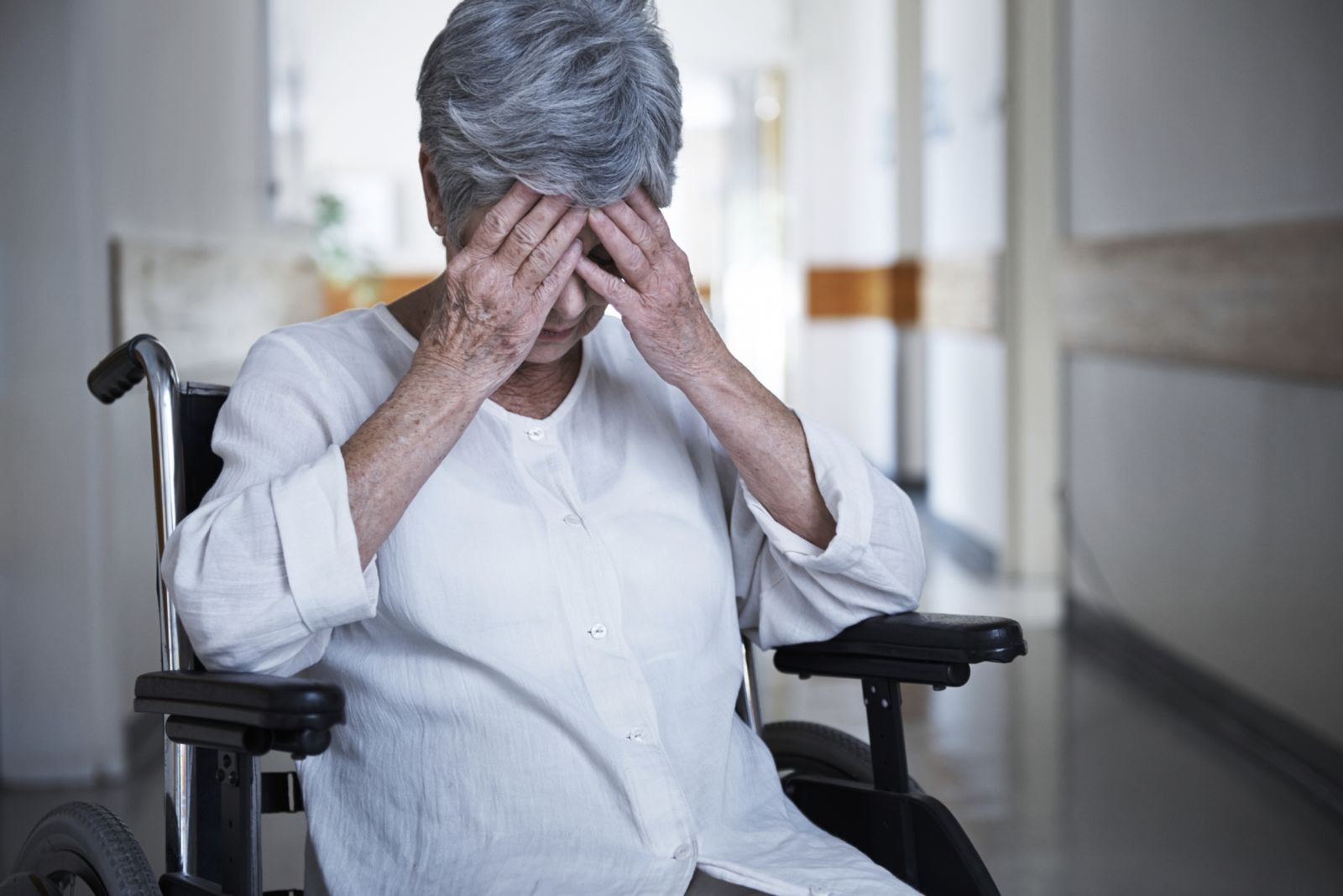 Elder abuse is defined as the intentional or negligent actions by a caregiver or other trusted individual that causes pain and suffering in an elderly person. There are several categories of elder abuse, including physical abuse, neglect, sexual abuse, and financial exploitation. While it is not always easy to detect, there are red flags that can signal that this crime is occurring. If you suspect an elderly loved one is a victim of elderly abuse, contact a Virginia nursing home abuse attorney from Shapiro, Washburn & Sharp to find out what legal recourse you may have.
Elder abuse is defined as the intentional or negligent actions by a caregiver or other trusted individual that causes pain and suffering in an elderly person. There are several categories of elder abuse, including physical abuse, neglect, sexual abuse, and financial exploitation. While it is not always easy to detect, there are red flags that can signal that this crime is occurring. If you suspect an elderly loved one is a victim of elderly abuse, contact a Virginia nursing home abuse attorney from Shapiro, Washburn & Sharp to find out what legal recourse you may have.
Identifying Elder Neglect
Many seniors reach the point in their lives that they are no longer physically or mentally be able to live on their own and take care of themselves. When this happens, many families turn to nursing homes or assisted living facilities and entrust them the care of their loved ones. Tragically, many of these facilities fail to provide adequate attention and care seniors need and this neglect affects the physical and emotional health of the resident. The facility may fail to provide a proper diet or needed medical treatment to the resident or fail to provide safe living conditions. Signs that every family should watch for and take immediate action to protect the resident include:
- The resident is having trouble sleeping
- The resident is left in their bed for extended periods of time with no supervision
- The resident is losing weight
- The resident is missing needed medical aids (i.e. glasses, hearing aids, walkers)
- The resident is not dressed properly for the current weather conditions
- The resident suffers recurring bedsores
- There is a lack of basic hygiene for the resident
Identifying Physical or Sexual Abuse
Families should also look for signs of physical or sexual abuse, as well. When a resident is being abused, there are often changes in their mood, appearance, and body language. Unexplained physical injuries, such as bruises or broken bones, sexually transmitted diseases, or torn clothing, are also signs that your loved one may be a victim of abuse.
Identifying Financial Exploitation
While this type of abuse is more prevalent with seniors who live on their own, it is becoming more and more common for elders who live in nursing homes or assisted care facilities. These are the most common signs:
- Missing bank statements
- Suspected forged signatures on checks
- Financial payments from the resident to a caregiver
- The resident is missing cash
- The resident is missing jewelry or other valuable items
Let a Skilled Virginia Nursing Home Abuse Attorney Help
If your elderly loved one has been the victim of nursing home abuse or neglect, contact a Virginia nursing home abuse attorney to find out what legal recourse your family may have. At Shapiro, Washburn & Sharp, we have been aggressively advocating for victims for more than three decades and have helped many nursing home abuse victims receive compensation for their injuries, as well as hold the perpetrators who committed the abuse responsible.
Contact our office today to set up a free and confidential consultation with one of our dedicated nursing home abuse attorneys today.
RELATED CONTENT
- Nursing Home Abuse and Neglect
- Virginia Nursing Home Abuse Lawyers
- Why Do Caregivers Neglect Patients in Nursing Homes?